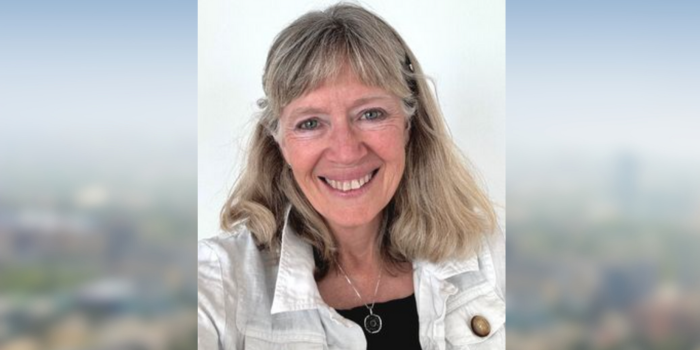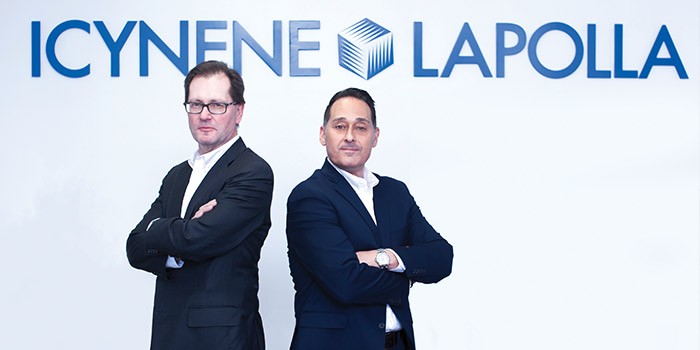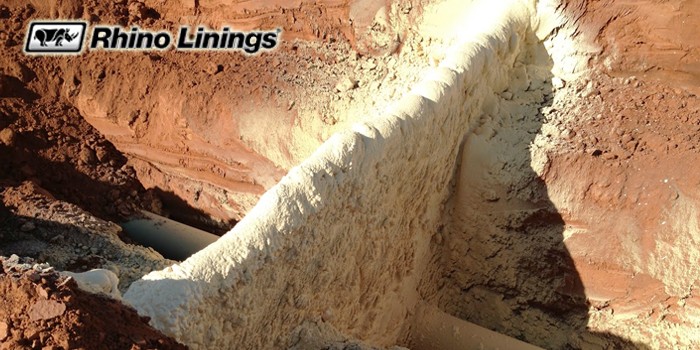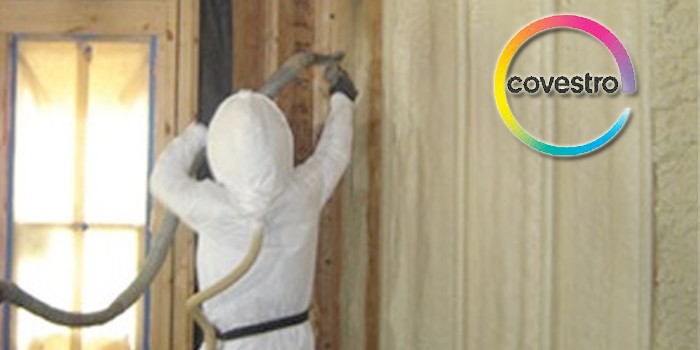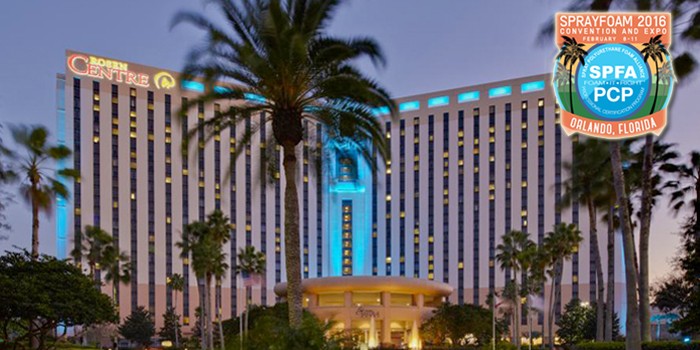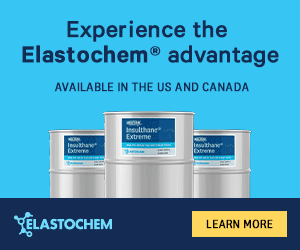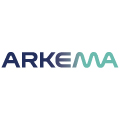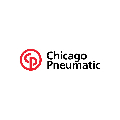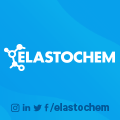Bayer MaterialScience Raw Materials Help Polyurethane Coatings with Improved Weatherability
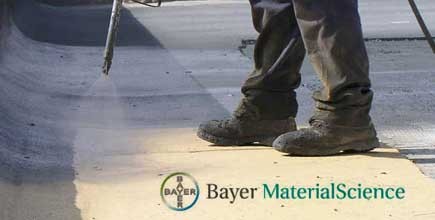
ATLANTA, GA – April 15, 2014 – When evaluating coatings for industrial maintenance applications, asset protection is a top priority. Yet, methods for re-creating real-world conditions in the lab, such as accelerated weathering, do not necessarily predict performance in the field. This is due to the difficulty in simulating variables such as dirt pickup, air pollution, acid rain, wind-borne particle erosion and mildew.
Focusing on how the chemistry of a coating is broken down, such as through photo-oxidation and hydrolysis, creates a more realistic correlation between lab tests and field performance as it considers the effects on a binder's chemistry, the coating's formulation and weathering conditions.
With these testing methods, Bayer is able to develop polyurethane coatings that are among the most versatile topcoats available in today's market and can be formulated to offer years of protection for highly valued assets.
Todd Williams, corrosion manager, Coatings, Adhesives & Specialties, Bayer MaterialScience LLC, will present "Correlation between QUV-A and long-term Florida weathering: Formulation and structure / property relationships in polyurethane coatings" at 5 p.m., April 7, during the American Coatings Show and Conference in Atlanta. His discussion includes performance results for several coating formulations after examining the binder chemistry effects on fluorescent artificial (QUV-A) and South Florida weathering test methods.
"One of the key findings of the study is that the selection of a quality polyol is the most critical formulation variable to influence long-term weathering of a two-component acrylic polyurethane," Williams said.
Attendees of the American Coatings Show and Conference in Atlanta can visit Bayer's booth #2305 to learn more about its coating raw materials and technologies.
About Bayer MaterialScience LLC: Bayer MaterialScience LLC is one of the leading producers of high-performance plastics in North America and is part of the global Bayer MaterialScience business with approximately 14,300 employees at 30 production sites around the world and 2013 sales of 11.2 billion euros. Bayer MaterialScience, a Bayer Group company, manufactures high-tech polymer materials and develops innovative solutions for products used in many areas of daily life. The main segments served are the automotive, electrical and electronics, construction, medical, and sports and leisure industries. Sustainability is central to Bayer MaterialScience LLC's business and is based around the key areas of innovation, product stewardship, social responsibility and respect for the environment.
Disqus website name not provided.



